Optimal Timing for Pool Fence Painting
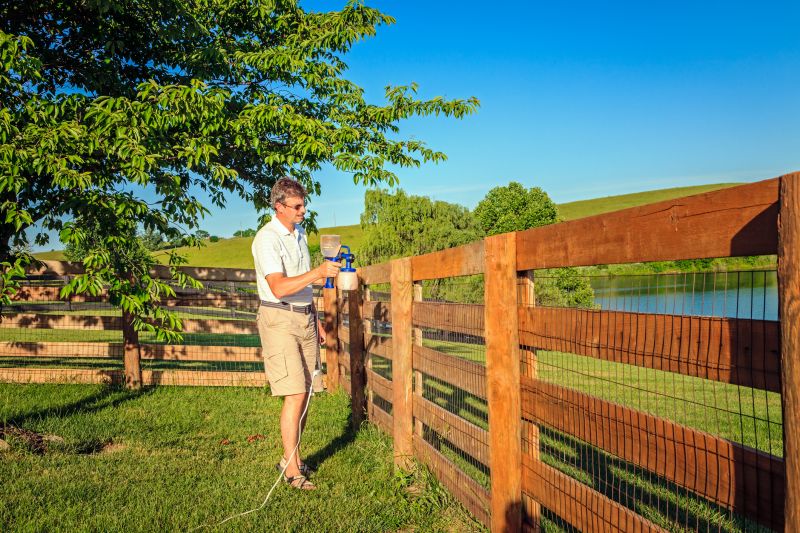
Spring offers optimal conditions for painting, with moderate temperatures and low humidity.
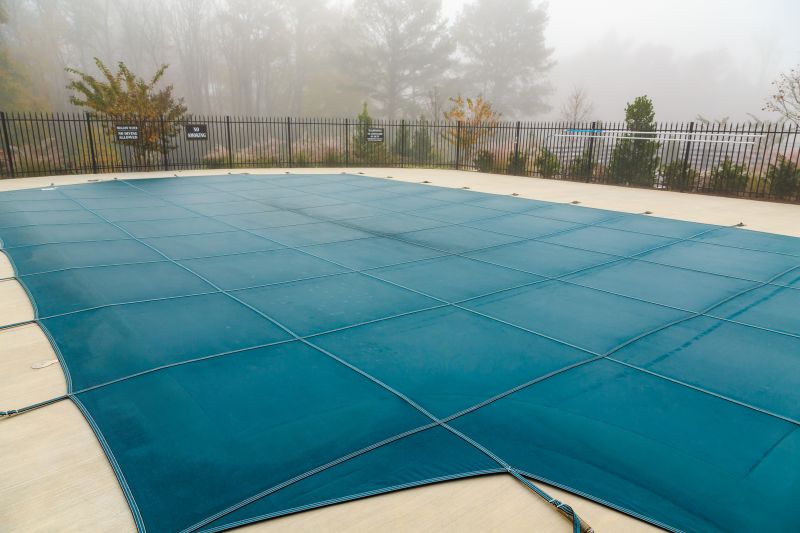
Summer can be suitable if temperatures are consistently warm and humidity is low enough to ensure proper drying.
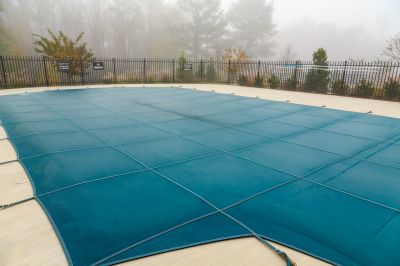
Fall provides cooler weather that can be ideal, provided temperatures stay above the minimum required for paint curing.
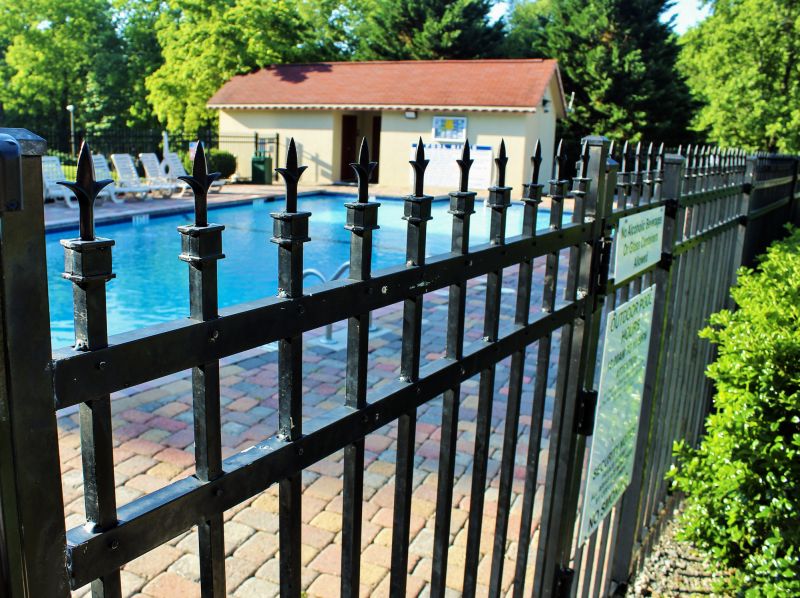
Ways to make Pool Fence Paintings work in tight or awkward layouts.
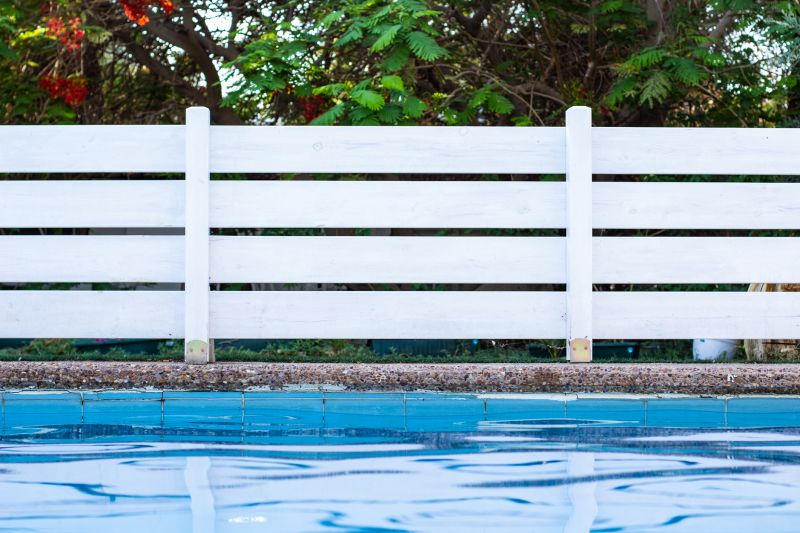
Popular materials for Pool Fence Paintings and why they hold up over time.
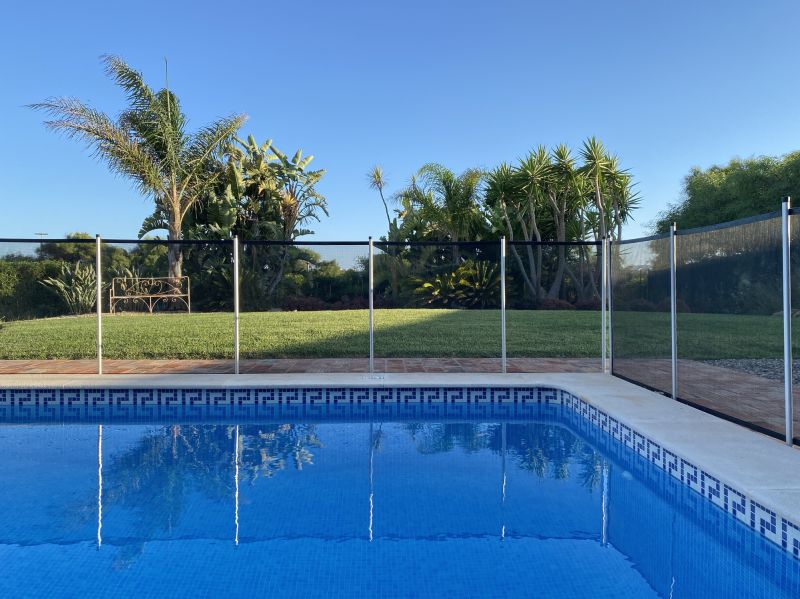
Simple add-ons that improve Pool Fence Paintings without blowing the budget.
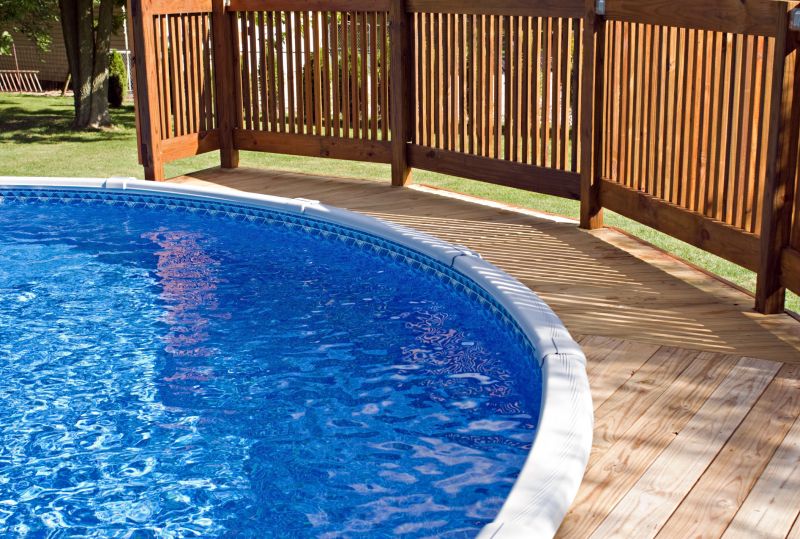
High-end options that actually feel worth it for Pool Fence Paintings.
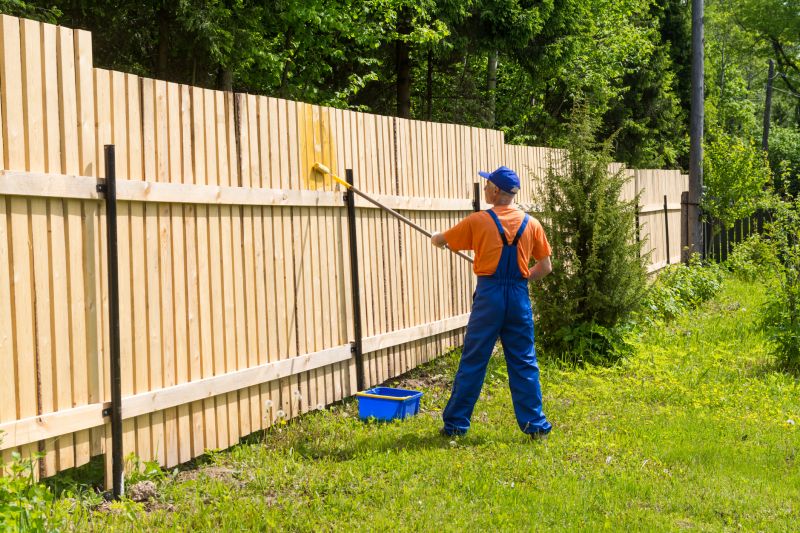
Finishes and colors that play nicely with Pool Fence Paintings.
Pool fence paintings enhance the aesthetic appeal and can increase property value. Proper timing ensures durability and a quality finish. Weather conditions such as temperature, humidity, and sunlight exposure significantly influence the painting process. Selecting the right season minimizes issues like peeling, cracking, or uneven drying.
Statistics indicate that painting during mild weather conditions extends the lifespan of the finish by reducing the risk of moisture entrapment and surface imperfections. Typically, the best periods are spring and early fall when outdoor conditions are most stable. Planning around these seasons can lead to a more successful and long-lasting paint job.
Ideal temperatures for pool fence painting are between 50°F and 85°F to ensure proper adhesion and drying.
Avoid painting during rain or high humidity days to prevent surface imperfections and adhesion issues.
Timing surface preparation for dry periods enhances paint adhesion and longevity.
Use weather-appropriate paints designed for outdoor metal surfaces for best results.
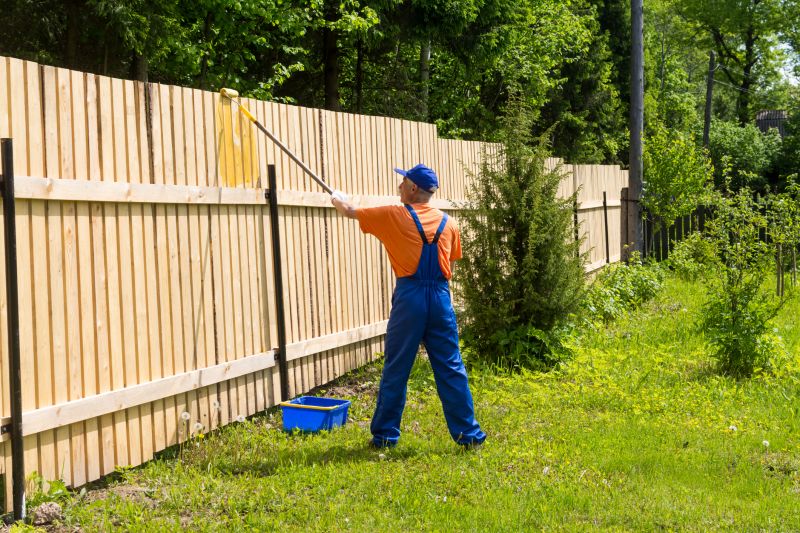
Spring provides moderate temperatures and low humidity for optimal painting conditions.
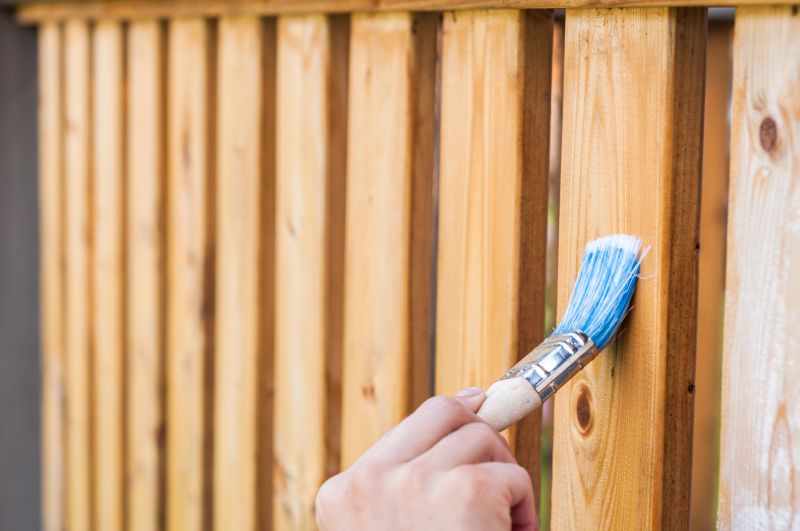
Summer requires careful timing to avoid high heat and humidity that can impair drying.
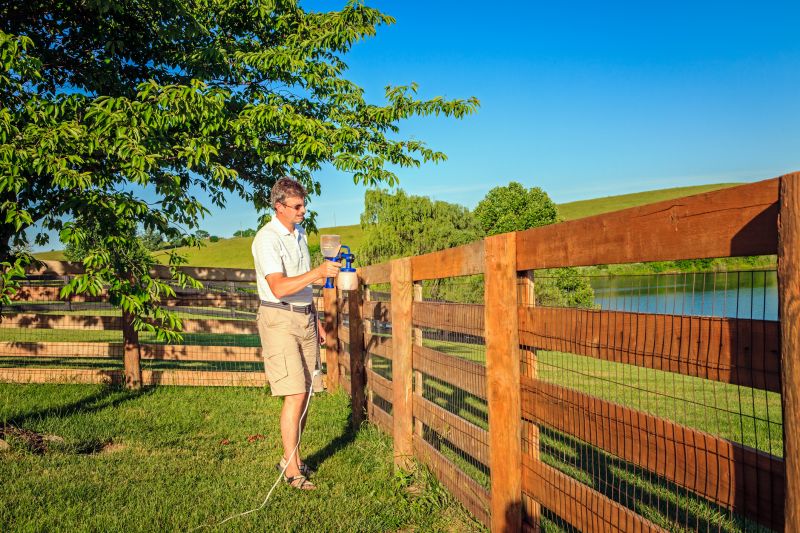
Fall offers cooler temperatures suitable for painting if weather remains dry.
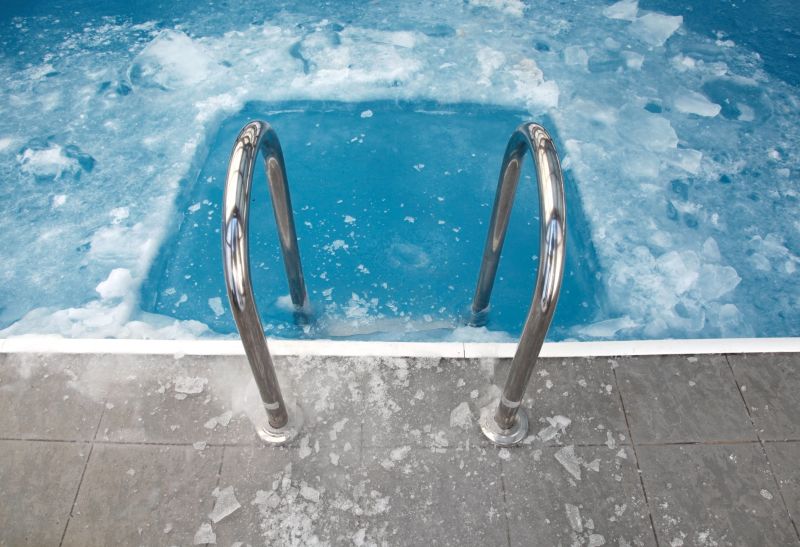
Winter is generally unsuitable due to cold temperatures and moisture issues.
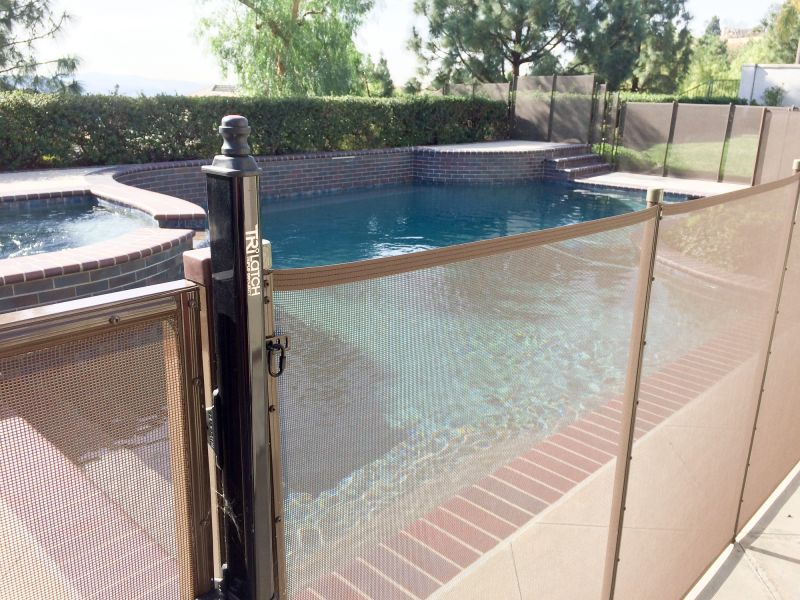
Little measurements that prevent headaches on Pool Fence Paintings day.
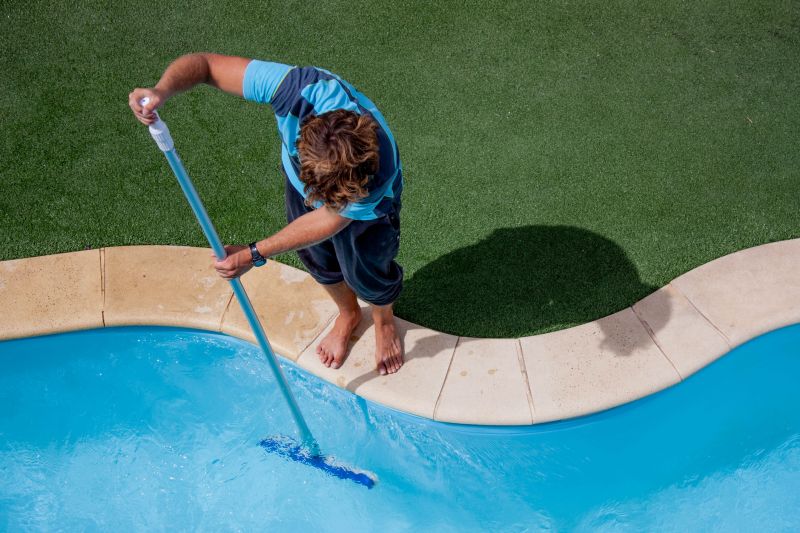
A 60-second routine that keeps Pool Fence Paintings looking new.
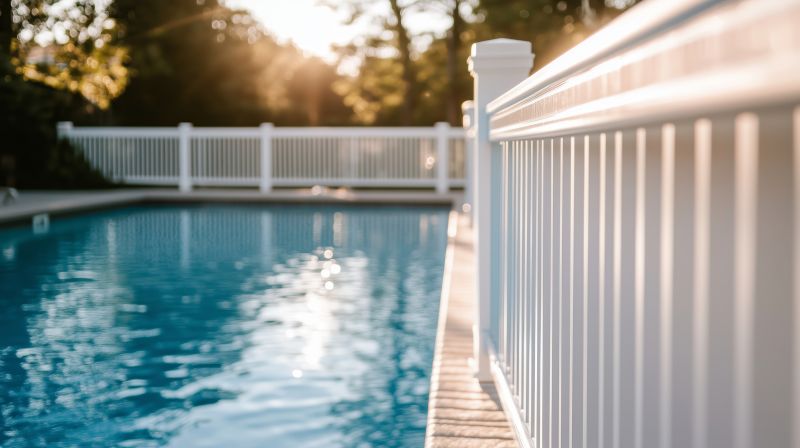
A frequent mistake in Pool Fence Paintings and how to dodge it.
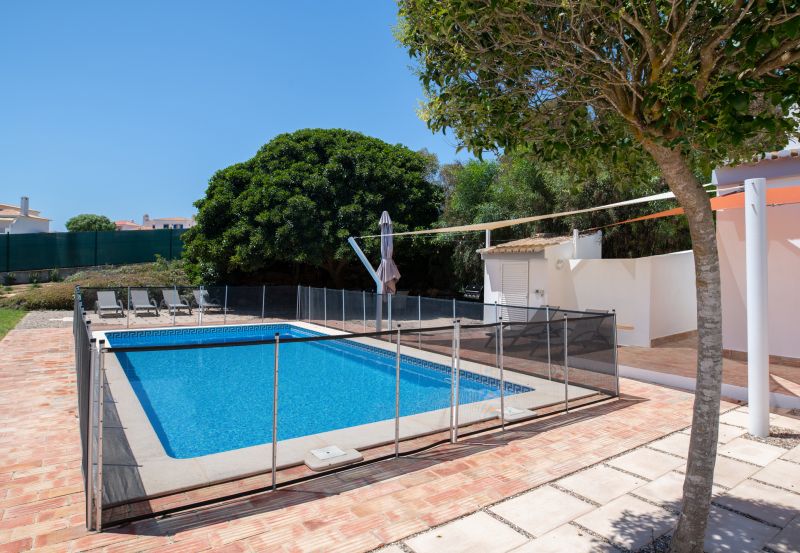
Small tweaks to make Pool Fence Paintings safer and easier to use.
| Season | Recommended Conditions |
|---|---|
| Spring | Temperatures between 50°F-75°F, low humidity, dry days |
| Summer | Consistent warm weather, low humidity, avoid peak heat hours |
| Fall | Cooler temperatures, dry weather, above freezing at night |
| Winter | Not recommended due to cold and moisture risks |
Pool fence paintings are a practical way to maintain the appearance and protection of fencing structures around swimming pools. Proper timing, preparation, and weather considerations are key to achieving durable results. Selecting the appropriate season ensures the paint adheres well and lasts longer, reducing the need for frequent touch-ups.
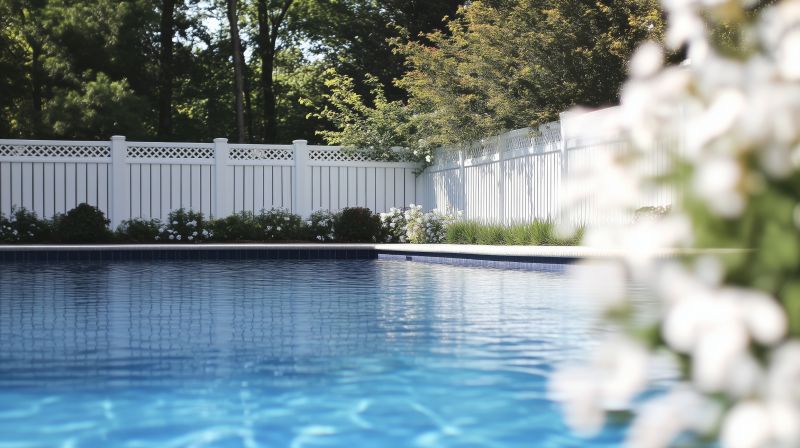
Ideal for moderate temperatures and low humidity.
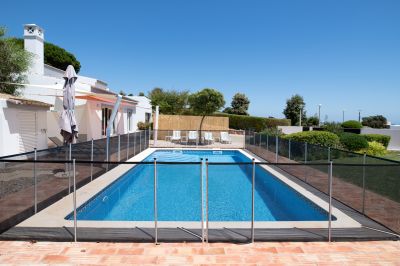
Choose cooler parts of the day to avoid heat-related issues.
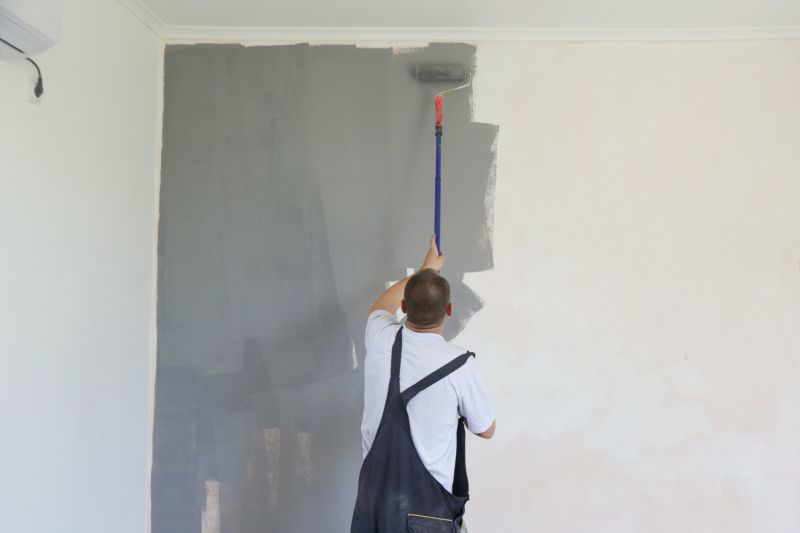
Cooler air helps with paint curing if conditions are dry.
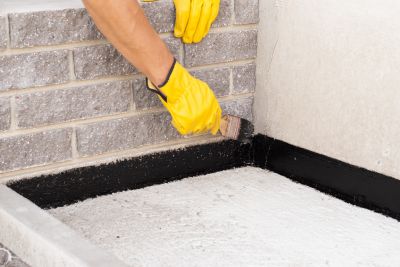
Cold temperatures and moisture hinder proper paint application.
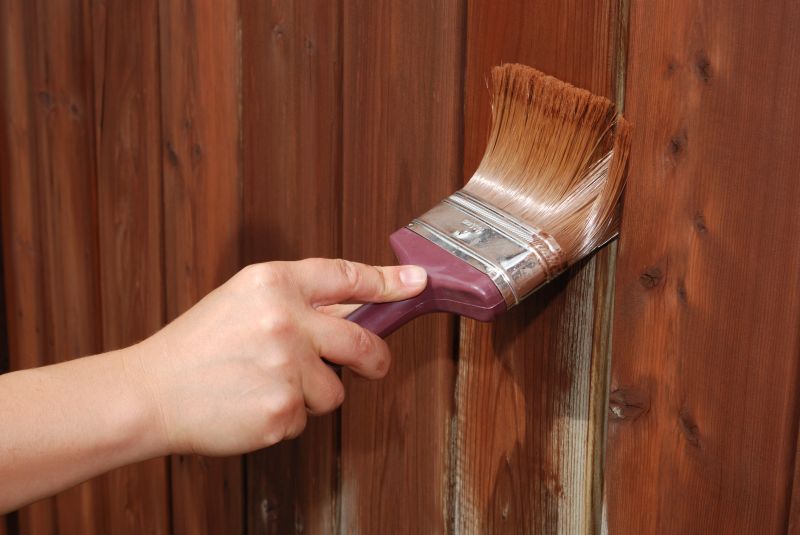
Lower-waste or water-saving choices for Pool Fence Paintings.
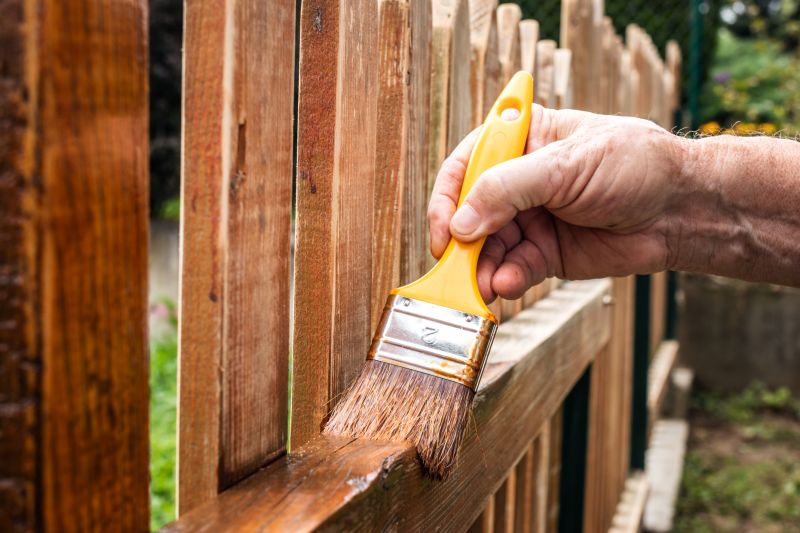
The short, realistic tool list for quality Pool Fence Paintings.
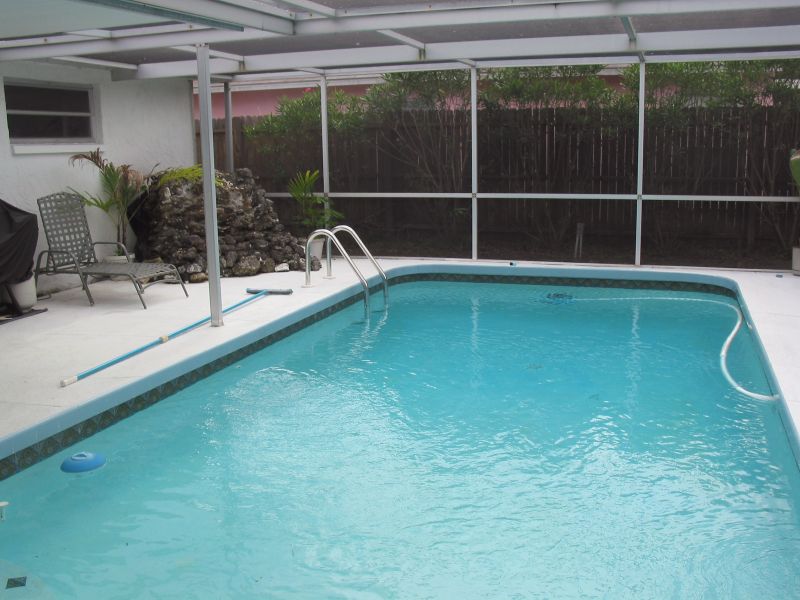
Rough timing from prep to clean-up for Pool Fence Paintings.
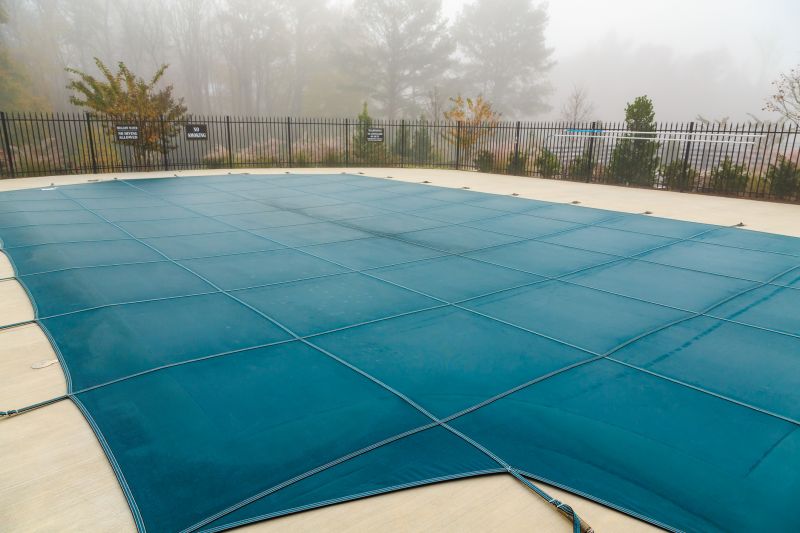
Quick checks and paperwork to keep after Pool Fence Paintings.
Interested in enhancing the appearance of a pool fence with fresh paint? Filling out the contact form can provide additional information and schedule the optimal time for the project.



